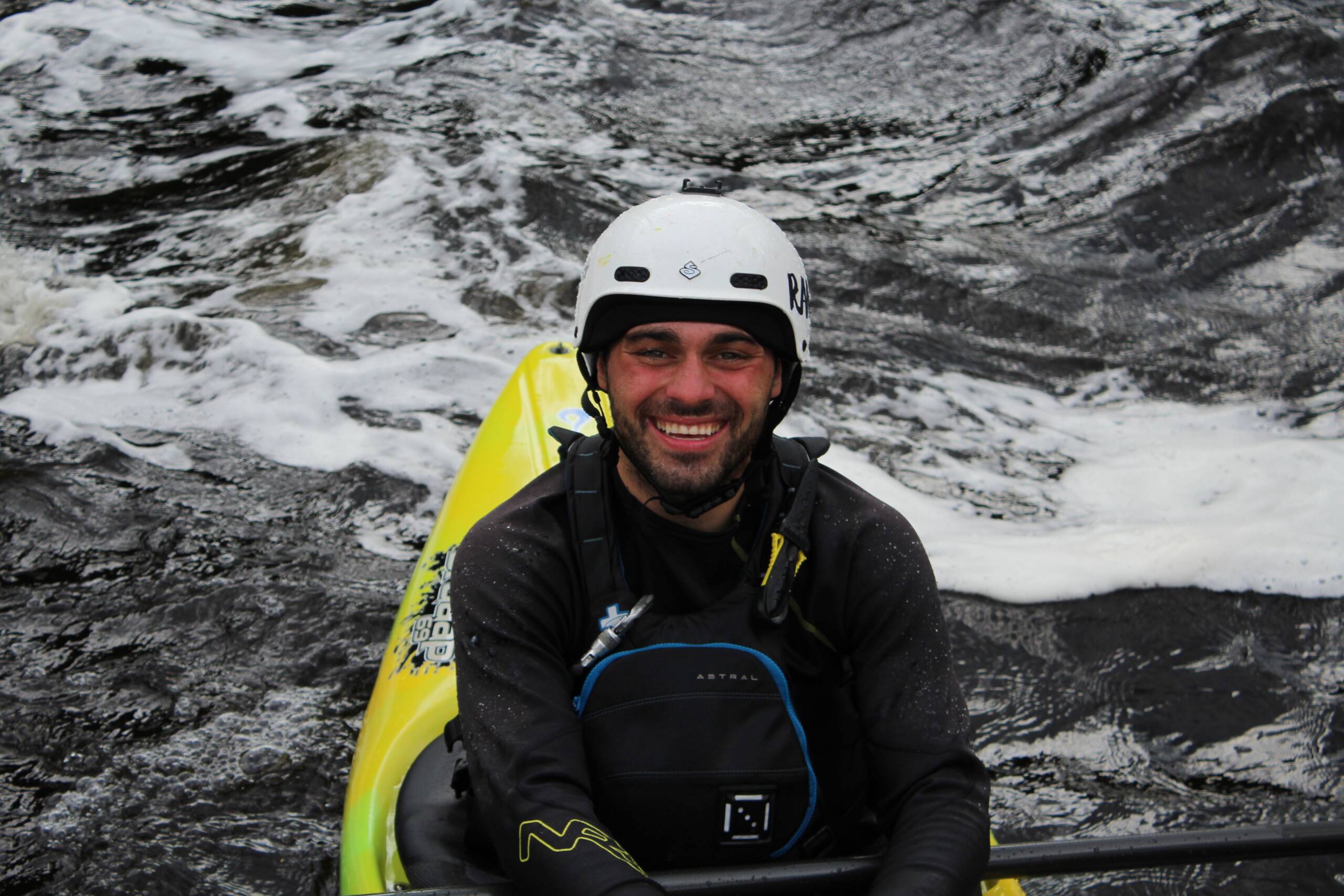The River

The 178 km long river runs from the Jacques-Cartier Lake in the Réserve faunique des Laurentides to the St. Lawrence River, which it joins near Donnacona, approximately 51 km upstream from Quebec City.
The Tewkesbury section and its many rapids, which you can paddle down in the Traditional Run, is undoubtedly what made the Jacques-Cartier River famous!
The river’s current picks up as water from the Launière, Cavée and Rocheuse Rivers add to its volume. In fact, its Wendat (Huron) name, Lahdaweoole, translates to “rivers that join or mix together.”
Note that the Family Adventure begins at our premises. Our bus drivers will come pick you up at the end of the trip in our yellow school bus, which is always a hit with the kids!

GET FAMILIAR WITH THE JACQUES-CARTIER RIVER’S 9.6 KM OF RAPIDS

This rapid serves as a preview of what’s to come. Safe yet impressive, the Apéritif is the perfect rapid on which to familiarise yourself with the activity and your guide’s commands.
This rapid was named after the Lefranconnier brothers, French canoeing world champions who abandoned their boat in its current in 1973. It features an amazing ledge when the water level is high or an impressive drop at lower levels.
Starting off with two thrilling, abrupt ledges, this rapid flows through a trio of boulders, which resemble a bowler hat and create an impressive recirculating current when water levels are high.
This rapid’s current forms a wallet-shaped downstream “V” which, when water levels rise, transforms into a huge barrel wave guaranteed to be one of the highlights of your trip!
This rapid is the longest and most impressive one of the trip. No matter the water level, the Hache-Viande (or “meat grinder”) is both challenging and exciting thanks to its incline and many obstacles. It flows into the Défilé des Marmites, a beautiful gorge with smooth cliffs polished by centuries of erosion. The river then widens, leading into a small pool, a convenient spot to fish for dropped paddles.
Near the end of the Défilé des Marmites stands the perfect cliff for a 20-to-30-foot jump into the river. If the water level is high enough, boats will stop to enjoy this second in-water activity, as well as a snack break on the rocks.
This is the shortest rapid of the trip. You will get to observe the power of a strong recirculating current, or hydraulic, and learn to recognize one so that you can avoid this type of current the next time you are on a river.
The Surprise is the last major rapid of the run. Four lines are possible, depending on the water level: a slide, a chute, another chute, or a staircase! A great finale to top off the run!
This rapid concludes the run and offers a great last chance to play around in the current, for those who have energy to spare!
Rafting 101
What is whitewater?
Whitewater is the result of increased incline combined with obstacles in the water and narrowing of the river, which create waves, ledges, eddies and more!
What are the numbers used to describe rapids?
Rapids are classified according to a universal system.
CLASS I: Smooth current that is easy to navigate
CLASS II: Regular waves, some obstacles
CLASS III: Larger waves, easily maneuverable obstacles
CLASS IV: Strong rapids, require more technical maneuvering
CLASS V: Longer rapids containing many obstacles and ledges, require a high level of skill and very technical maneuvering


